I thought I would just mention a few things about the book that struck me when I read it. For a more thorough review, look somewhere else.
First of all, the title comes from Shakespeare's play Henry V, and I shall include the words and a stirring video of the lines from the 1989 movie of the same name.
Second, I read this book to make sure that the language and events were not inappropriate for one of my sons who wished to read it. With the exception of a section where the author discusses the vulgar language of the troops, there is very little that it offensive in this book.
Third, I was struck while reading this how these young men who did such gallant deeds in the 1940's are now the old men we see in hospitals, nursing homes, and on the city streets. It is sobering to think of their courage, the blessing of surviving the war, and yet the fact that death comes for them (and us all) eventually. As a friend of mine who practices geriatrics at the local Veteran's Administration hospital put it, "the World War II vets are dropping like flies." The main subject of the book, Major Dick Winters, died in January of this year.
Fourth, I finally realized a good reason for jumping out of a perfectly good airplane. In the book, Ambrose mentions how the airborne troops were a select group of soldiers, and that they were a cut above the regular Army inductee. As such, they were far more professional, driven, and competent, and made for a better unit when in combat. The alternative was to be stuck with all the soldiers who were not necessarily going to be there to fight well in battle.
Fifth, the Airborne troops were used for jumping ahead, or rather, behind enemy lines, and so they would not stay on the ground and follow the conflict as it progressed on land. In the case of the 101st Airborne, they were relieved after D-Day, sent back to England to re-group and get replacements, and then sent back to battle later. In the case of the 101st, several times they were training for a drop, but then the ground troops advanced past their target before they could join them.
Last and most surprising, was the revelation that the Americans felt that they had the most in common with the Germans. It made me wonder what would have happened if this fact were known before we got into the war. Perhaps it is a moot point, since the Japanese attacked us first, followed by the rest of the Axis countries declaring war on us; at that time, public sentiment probably did not care who had attacked us as long as someone paid for it.
I recommend this book without reservation. I know that there is some controversy surrounding the works of Stephen E. Ambrose, but this book still is a good read.
Now, a brief look at Henry V, and the St. Crispin's Day Speech which inspired the name of this book. Henry V made this speech to his men before the battle at Agincourt:
- This day is call'd the feast of Crispian.
- He that outlives this day, and comes safe home,
- Will stand a tip-toe when this day is named,
- And rouse him at the name of Crispian.
- He that shall live this day, and see old age,
- Will yearly on the vigil feast his neighbours,
- And say, "To-morrow is Saint Crispian."
- Then will he strip his sleeve and show his scars,
- And say, "These wounds I had on Crispin's day."
- Old men forget; yet all shall be forgot,
- But he'll remember with advantages
- What feats he did that day. Then shall our names,
- Familiar in his mouth as household words,
- Harry the King, Bedford, and Exeter,
- Warwick and Talbot, Salisbury and Gloucester,
- Be in their flowing cups freshly rememb'red.
- This story shall the good man teach his son;
- And Crispin Crispian shall ne'er go by,
- From this day to the ending of the world,
- But we in it shall be remembered-
- We few, we happy few, we band of brothers;
- For he to-day that sheds his blood with me
- Shall be my brother; be he ne'er so vile,
- This day shall gentle his condition:
- And gentlemen in England now a-bed
- Shall think themselves accursed they were not here,
- And hold their manhoods cheap whiles any speaks
- That fought with us upon Saint Crispin's day."
- Here is Kenneth Branagh as Henry V, giving his rendition of it from the 1989 movie:








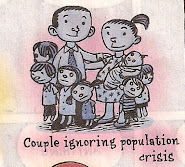
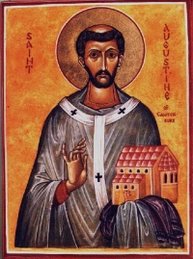



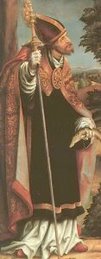
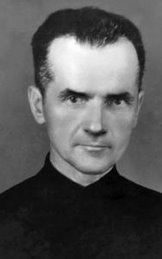

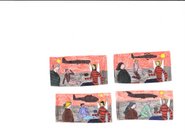
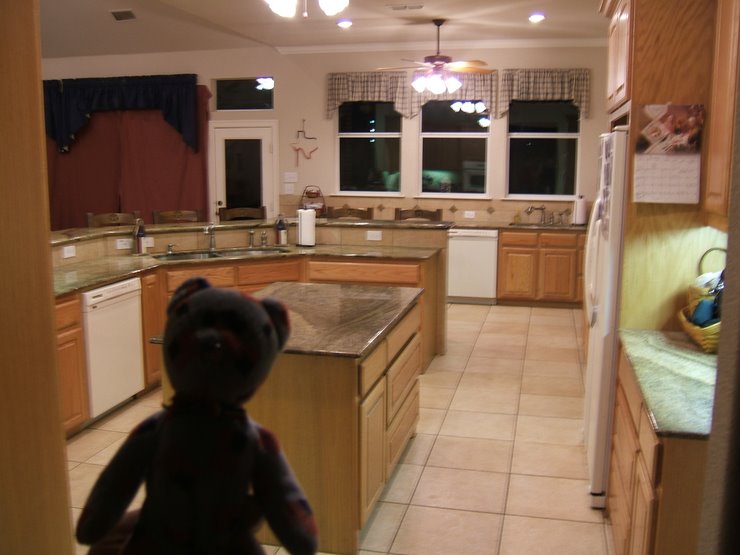
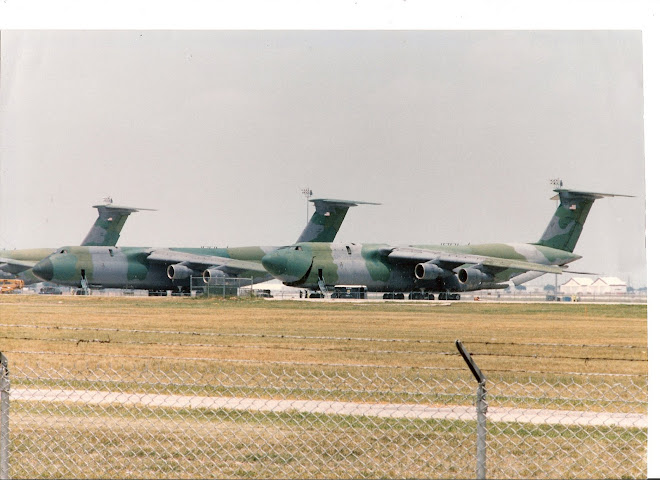
2 comments:
well "We few, we happy few, we band of brothers" was actually said before Henry V, it was said by a french commander during the 100 years war if my memory serves me correct.
@Dovi, how dare you contradict me!
Just kidding.
I did not know that this phrase was acquired by Shakespeare. Do you have a reference for that? I used to have a Norton's Complete Shakespeare which explained just about every word in each of his plays - right off to the side so you don't have to keep thumbing back to the end of the book.
Anyways, thanks for your comment, and I hope AP Government works out for you. God bless.
Post a Comment